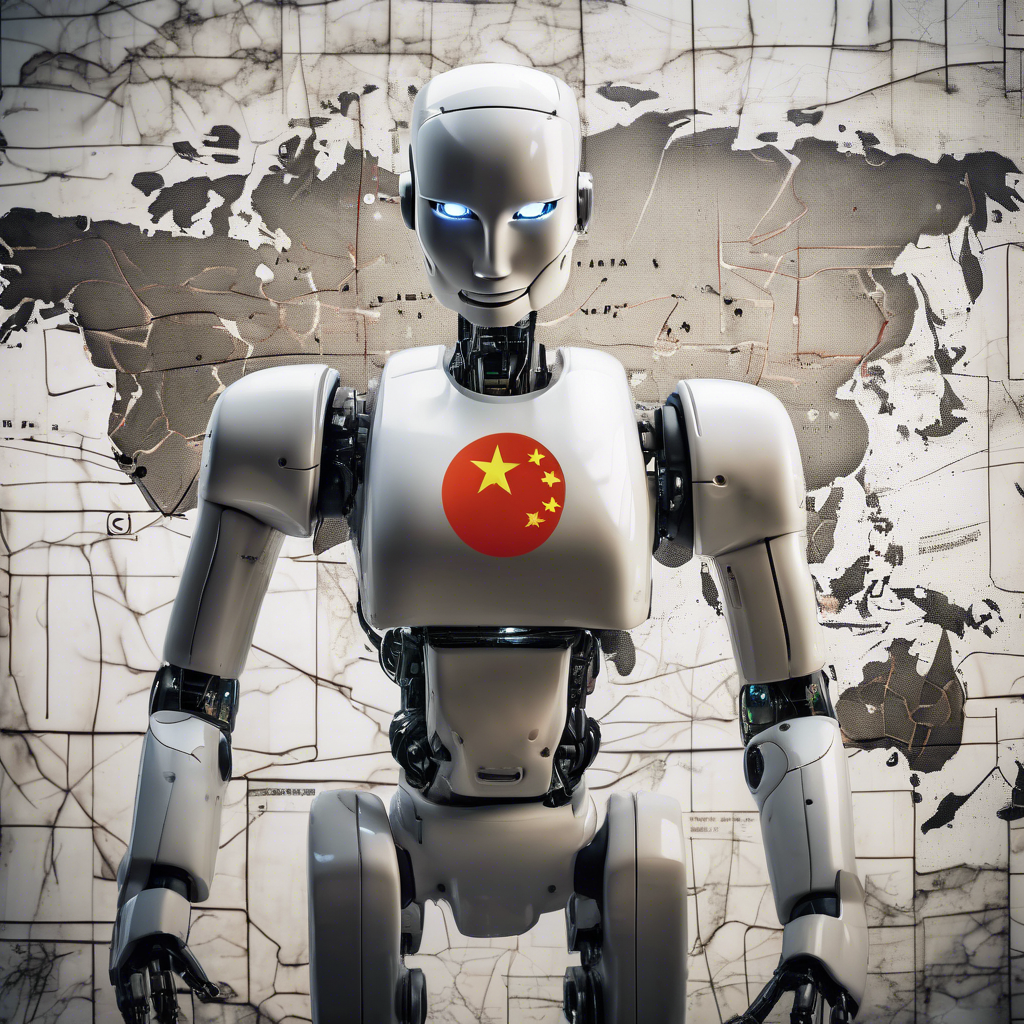Huawei Launches CloudMatrix 384 AI Chip Cluster to Challenge Nvidia Amid US Export Restrictions

Huawei has begun delivering its advanced CloudMatrix 384 AI chip cluster to customers in China, marking an important milestone in offering a domestic high-performance computing solution amid tightening U. S. export restrictions on sophisticated AI technologies. This new CloudMatrix system is intended to fill the void caused by limited access to American-made Nvidia AI chips, which have historically dominated the AI hardware sector. The CloudMatrix cluster houses 384 of Huawei’s Ascend 910C processors, interconnected through an intricate ‘super node’ utilizing optical technology to enhance communication bandwidth and minimize latency. This design seeks to maximize computational efficiency even though individual Ascend 910C chips have lower performance compared to Nvidia’s recently launched GB200 processors. In terms of raw computing power, Huawei’s CloudMatrix is reported to surpass Nvidia's NVL72 cluster by 67% in total compute capacity, a notable feat for China’s domestic tech industry. Additionally, the system offers over three times the memory capacity of the NVL72, improving its capability to handle large-scale AI models and datasets essential for contemporary machine learning applications. However, these advantages involve significant trade-offs. The CloudMatrix consumes considerably more energy, leading to higher operational costs and environmental concerns. Moreover, it demands substantially more operational manpower due to an immature software ecosystem and fewer support tools compared to Nvidia’s well-established platforms, posing challenges in adoption and maintenance. Financially, each CloudMatrix cluster is priced around $8. 2 million, considerably higher than Nvidia’s NVL72, which is offered at about $3 million.
This price difference reflects the system’s complexity and innovation but could be a deterrent for some customers when evaluating total cost of ownership. Industry experts link Huawei’s accelerated development and rollout of CloudMatrix to its strong background in telecommunications infrastructure, which equips the company with expertise in managing large-scale hardware systems and integrating advanced optical communication technologies. The introduction of CloudMatrix coincides with stricter U. S. government restrictions on exporting high-end AI chips to China, forcing Chinese tech firms to pursue domestic alternatives. Huawei’s product thus offers a viable high-performance AI computing solution for Chinese companies seeking to remain competitive in AI research and applications despite external supply chain limitations. While CloudMatrix does not yet match the leading-edge performance and efficiency of the latest Nvidia solutions, its capacity to deliver substantial computing power and large memory using domestically developed technology signifies a milestone for China’s AI hardware ambitions. The system embodies ongoing efforts within China’s technology sector to reduce dependence on foreign technologies amid geopolitical tensions and shifting trade policies. In summary, Huawei’s CloudMatrix 384 chip cluster represents a strategic advance in AI infrastructure for China. It addresses key supply constraints by offering a powerful, albeit imperfect, AI processing platform aligned with national goals for technological self-reliance. Continued progress in software support and energy efficiency will be critical for Huawei to improve the system’s international competitiveness and fully leverage its potential in driving AI innovation across China.
Brief news summary
Huawei has introduced its CloudMatrix 384 AI chip cluster in China, a significant step forward for domestic high-performance computing amid U.S. export restrictions on advanced AI technology. The system integrates 384 Ascend 910C processors connected via an innovative optical "super node," which boosts bandwidth and reduces latency. While each Ascend 910C chip is less powerful than Nvidia’s latest GB200 processors, the CloudMatrix cluster delivers 67% greater computing power than Nvidia’s NVL72 and offers over three times the memory capacity, making it well-suited for large-scale AI tasks. However, it consumes more energy and requires more operational support due to less mature software, affecting cost and usability. Priced at approximately $8.2 million versus Nvidia’s $3 million NVL72, Huawei leverages its telecommunications and optical expertise to provide this domestic solution, reducing supply chain risks amid geopolitical tensions and promoting China’s AI research independence. The company plans to enhance software maturity and energy efficiency to boost CloudMatrix’s competitiveness and advance AI self-reliance in the country.
AI-powered Lead Generation in Social Media
and Search Engines
Let AI take control and automatically generate leads for you!

I'm your Content Manager, ready to handle your first test assignment
Learn how AI can help your business.
Let’s talk!

Blockchain and AI could fuel $3.5T DePIN market b…
The increasing convergence of blockchain and artificial intelligence could propel the decentralized physical infrastructure network (DePIN) market beyond $3.5 trillion within the next three years, according to the World Economic Forum (WEF).

Apple and Alibaba's AI rollout in China delayed b…
The launch of Apple Intelligence, a highly anticipated AI service suite jointly developed by Apple and Alibaba, has faced major delays in China due to regulatory challenges amid escalating U.S.-China trade tensions.

Bitget Partners with University of Zurich Blockch…
VICTORIA, Seychelles, June 04, 2025 (GLOBE NEWSWIRE) — Bitget, a leading cryptocurrency exchange and Web3 company, announces its partnership with the University of Zurich, ranked #3 globally for blockchain education by Coindesk in 2021/22.

How Educators Can Defeat AI
James Walsh’s recent viral New York article, “Everyone Is Cheating Their Way Through College,” did not shock by revealing AI’s pervasive role in education—this was already evident to anyone familiar with schools today.

Trump's top crypto advisor meets with Pakistan bl…
Key Takeaways Bo Hines and Bilal Bin Saqib met at the White House to discuss strategic cooperation on Bitcoin and digital assets

Humans over hardware: Rules for AI
On May 19th, I had the privilege of attending the commissioning ceremony for the District of Columbia’s Naval ROTC officers as they were appointed ensigns in the US Navy and second lieutenants in the US Marine Corps.

DMG Blockchain Solutions Announces Preliminary Ma…
VANCOUVER, British Columbia, June 03, 2025 (GLOBE NEWSWIRE) — DMG Blockchain Solutions Inc.

 Auto-Filling SEO Website as a Gift
Auto-Filling SEO Website as a Gift








 Auto-Filling SEO Website as a Gift
Auto-Filling SEO Website as a Gift

